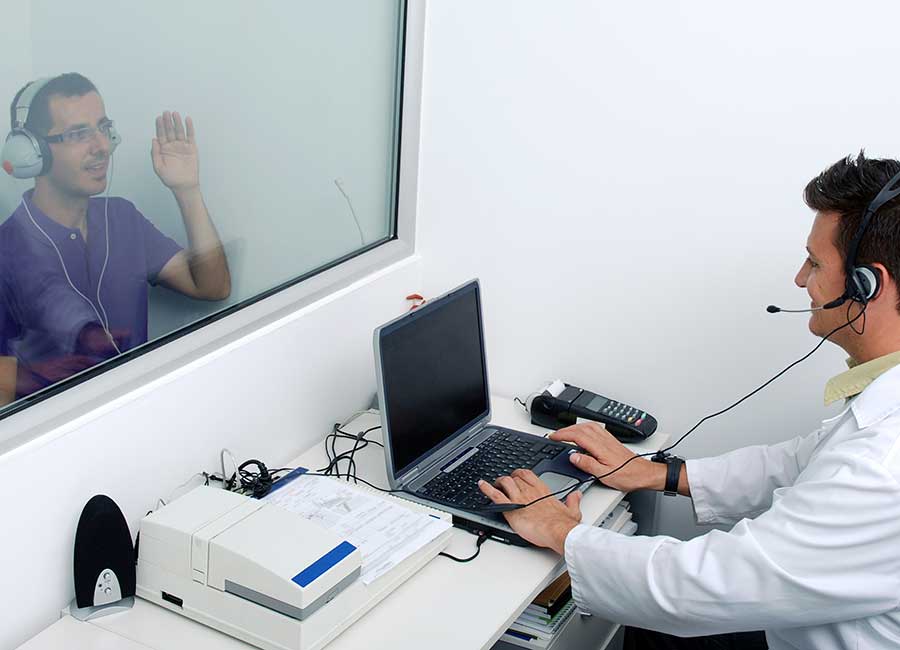Early Hearing Testing is Key. Here’s Why…

CARP RECOMMENDED PARTNER SPONSORED CONTENT
According to the World Health Organization (WHO), 466 million people live with some degree of hearing loss, 360 million of those have a hearing loss that is disabling, and although age-related hearing loss is the most common type, more than one billion people aged 12-35 years of age are at risk of hearing loss due to a recreational exposure to loud sounds.
How prevalent is hearing loss in Canada?
On a national level, one in five Canadians have some level of hearing loss, with 47% of those being over the age of 60. That means that on a personal level, you may know someone with hearing loss, or you may suspect that your hearing is the one that has declined. It is nothing to be ashamed of, but it is serious enough to not be ignored.

How does hearing loss affect your well-being?
Those with untreated hearing loss may suffer from social isolation, mental fatigue and depression. It is an easy decision to shrink away or disengage from conversations that are difficult to hear. In the earlier stages of hearing loss, we may try to over compensate for our inability to hear by tilting our heads, frequently asking others to repeat themselves, and increasing the volume of our devices and our own voices. Overtime, our efforts to hear grow louder, but our hearing gets worse. We gradually lose the ability to hear and this can be difficult to accept.

Why is early hearing testing key?
Currently, there is no national protocol that screens for hearing loss. In order for hearing loss to be diagnosed, you must take the initiative to get your hearing tested. If you are over the age of 60, you should make a hearing test part of your annual health assessment. Without this initiative, hearing loss often gets diagnosed when the effects of it are more severe. An early hearing test can not only detect hearing loss early, but it can also provide you with a baseline assessment of your hearing that you can compare your future assessments to.

What are some hearing loss prevention tips?
Here is what you can do to protect your hearing health and decrease the likelihood of you developing hearing loss:
- Listen to music responsibly: avoid using music players at over 60% of their volume.
- Don’t add to a noisy environment: speaking louder in loud environments only adds to an already dangerously loud noise environment. Find a quiet place to speak or wait until you are in a quieter environment before introducing other sounds.
- Invest in ear protection: ear plugs are invaluable in noisy work places, during noisy commutes and at a festival or concert.
- Stay healthy: eat healthy and engage in activities that stimulate your brain. Your brain processes and interprets the sounds that you hear, so you will want to make sure that it is being cared for.
I think I might have hearing loss. What’s next?
The first step to tackling hearing loss is prevention, but if you think you may have hearing loss, the next important step is intervention. Your decision to get your hearing tested can not only enrich your quality of life, but also improve your relationships with people who care about you the most. You can book a free, no obligation hearing appointment here or call 1-888-560-6674.
CARP members save additional 10% off the regular price or limited-time promotional price of select hearing aids sold at HearingLife and our national affiliated partners, proud sponsors of the Campaign for Better Hearing, and earn up to 1,000 AIR MILES® reward miles with their purchase!

